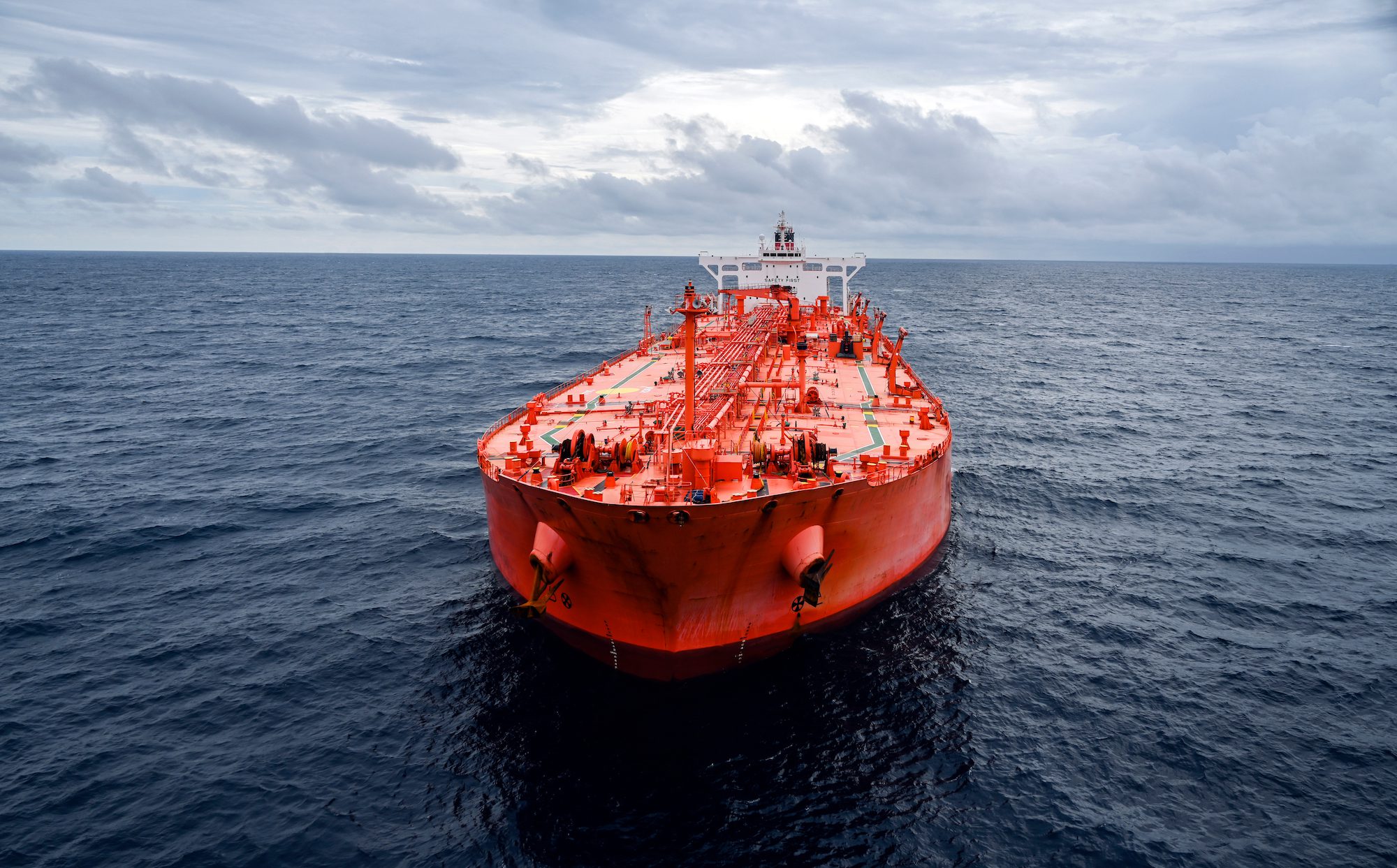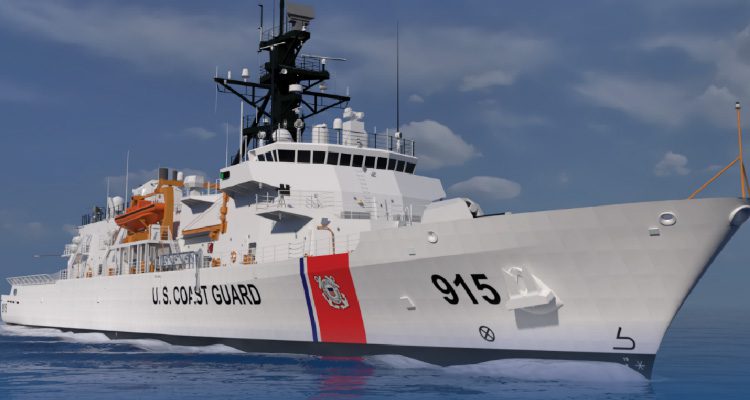The Vale Brazil was the first valemax iron ore carrier delivered to Vale
BEIJING–Brazilian miner Vale SA has spent around $2 billion on a fleet of huge ships to carry its iron ore from Brazil to China. The problem: China won’t let them in.
Chinese regulators have cited safety concerns over Valemax ships, as the cargo vessels are called. But analysts and industry observers point to a different reason: opposition from a Chinese shipping-industry group dominated by a state-owned company.
The Valemax fight offers a glimpse of one of the biggest battles China’s new leaders will face as they take the reins of the world’s No. 2 economy this week. Economists widely agree that to achieve sustainable growth, Beijing must open its doors to more competition and shake up state-controlled companies.
But the effort will face considerable challenges in a country where the line is blurred between state-owned enterprises and regulators. State-owned enterprises and their top regulator have pledged an overhaul but also have defended their role in the Chinese economy. “This is a special characteristic of China and critical to the development of a socialist economy,” said Wang Yong, director of the State-Owned Assets Supervision and Administration Commission.
State-owned enterprises dominate businesses including telecommunications and banking, leaving consumers with only three mobile-phone operators and lending dominated by state-controlled companies. In the energy sector, just a handful of domestic companies control exploration and production. Foreign car companies must form joint ventures with Chinese partners and share important technology.
Valemax ships are nearly 400 yards long, almost four times the length of a football field and up to 50% bigger than the next largest carriers deployed across the global, by Chinese or any other shipping lines. Vale began ordering the first of 35 giant ships in 2008 from Asian shipyards at more than $100 million a vessel.
Beijing initially was on board. Chinese yards were contracted to build 24 of the ships, most of which are already sailing, with South Korean companies building the rest. State-controlled Export-Import Bank of China and Bank of China Ltd. extended $1.3 billion to finance half of the China-built ships.
Vale’s order was a shift for the mining company, which typically had tapped outside shipping lines to move iron ore, an ingredient in steel. The move set Vale in potential competition with so-called dry-bulk shipping lines, which focus on transporting raw materials and commodities.
In December 2011, the first vessel, the Valemax Berge Everest, docked in the northeastern Chinese port of Dalian, where it discharged 350,000 tons of iron ore in 55 hours–a world record. The head of China’s steel industry association said the ships would help lower costs.
But a month later China’s Transport Ministry, citing concerns about Chinese ports ability to handle such ships safely, issued a circular that effectively banned them. The Chinese Shipowners’ Association had denounced the Valemax ships as “a matter of monopoly and unfair competition, which not only harms the shipping interest of mainland China, but also that of South Korea, Japan and Taiwan area.” The association declined to comment for this article. The Transport Ministry didn’t respond to requests for comment.
The appearance of a 60-centimeter crack on the hull of a Valemax ship in Brazil in December 2011 bolstered the ministry’s concern. But engineers specializing in ship safety said the incident was isolated and insufficient to cast serious doubt on the safety of Valemax ships. Valemax vessels have docked at ports in such places as Japan, Italy, the Netherlands and the Philippines.
The chairman of the shipowners’ association is Wei Jiafu, who also is chairman of state-controlled shipping line China Ocean Shipping (Group) Co., the country’s largest shipping line by capacity. Captain Wei, as he is often called, is a rare colorful executive in China’s staid business sphere and once was captured by pirates. The Cosco chairman also is a senior member of the Communist Party and a member of the powerful CPC Central Committee for Discipline Inspection, an internal discipline watchdog.
Mr. Wei has been critical of shipping-industry overcapacity and at a September conference decried “vicious competition” from new entrants into the sector. The company’s China Cosco unit posted a 10.5 billion yuan ($1.69 billion) loss last year, hobbled by a sector glut, slowing global trade and the company’s own shipbuilding binge. The unit, which is publicly traded, is on track to declare a sizable loss this year.
Industry watchers said Cosco’s opposition represented the biggest barrier to Valemaxes docking in China. “Cosco had the most to lose from Vale’s plan,” said Macquarie Securities analyst Janet Lewis, who described Mr. Wei as the “most vocal” proponent of banning Valemax ships.
“The moment a company like Vale decides to build their own ships they are entering the ‘business turf’ of companies like Cosco and they take those companies’ business away,” Ralph Leszczynski, head of research at shipping-services firm Banchero Costa, said by email. “It is obvious and natural that a company like Cosco will be upset that a former client now becomes a competitor.”
People close to Vale said they believed Cosco played a key role in the ministry’s decision.
The Valemax initiative provided business to Chinese shipyards. But most of that work fell to China Rongsheng Heavy Industries Group Holdings Ltd., a privately owned company that doesn’t have the sway of state-owned shipping companies such as Cosco.
China Cosco spokesman Guo Huawei said the company wasn’t involved. “I have never heard of such information,” he said.
Meanwhile, China’s decision has dealt a blow to Vale’s global distribution strategy. Joao Mendes Faria, director of global business development for the miner, said the new ships were aimed at making Vale’s ore more competitive with that of Australian and Indian rivals, who benefit from lower logistics costs because of their proximity to the Chinese market. Mr. Faria said the capacity represented by Valemax fleet wouldn’t have a significant impact on Cosco’s business.
Mr. Leszczynski, the shipping-services researcher, agreed that because Cosco already competes in a highly fragmented market, the Valemax ships “are effectively a drop in the ocean.”
Brazilian President Dilma Rousseff raised the issue with Chinese Premier Wen Jiabao on his visit to Rio de Janeiro in June, leading to the establishment of a joint bilateral task force with China’s top economic planning agency, the National Development and Reform Commission.
Vale said little progress had been made but said that was expected as China prepared its transition to new leadership. Vale has yet to secure a meeting with the Transport Ministry.
-By Colum Murphy. (c) 2012 Dow Jones & Company, Inc.

 Join The Club
Join The Club










